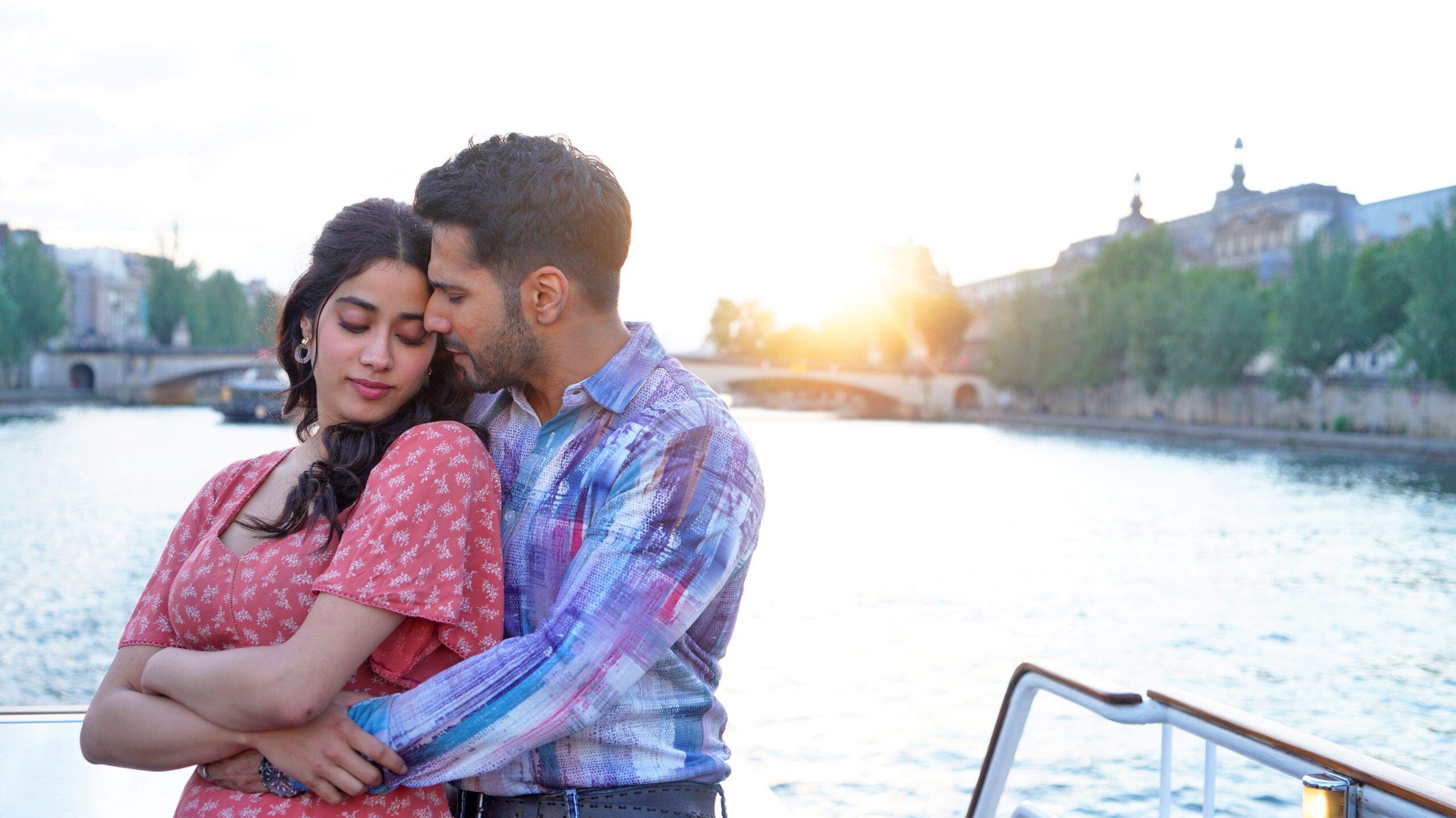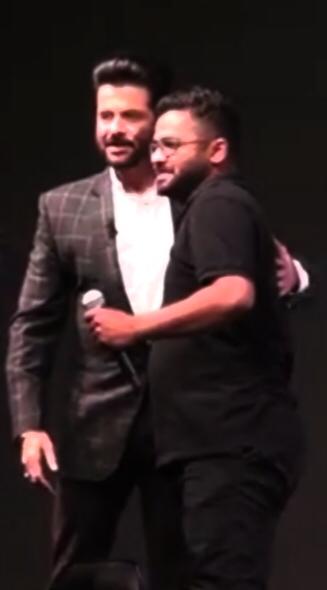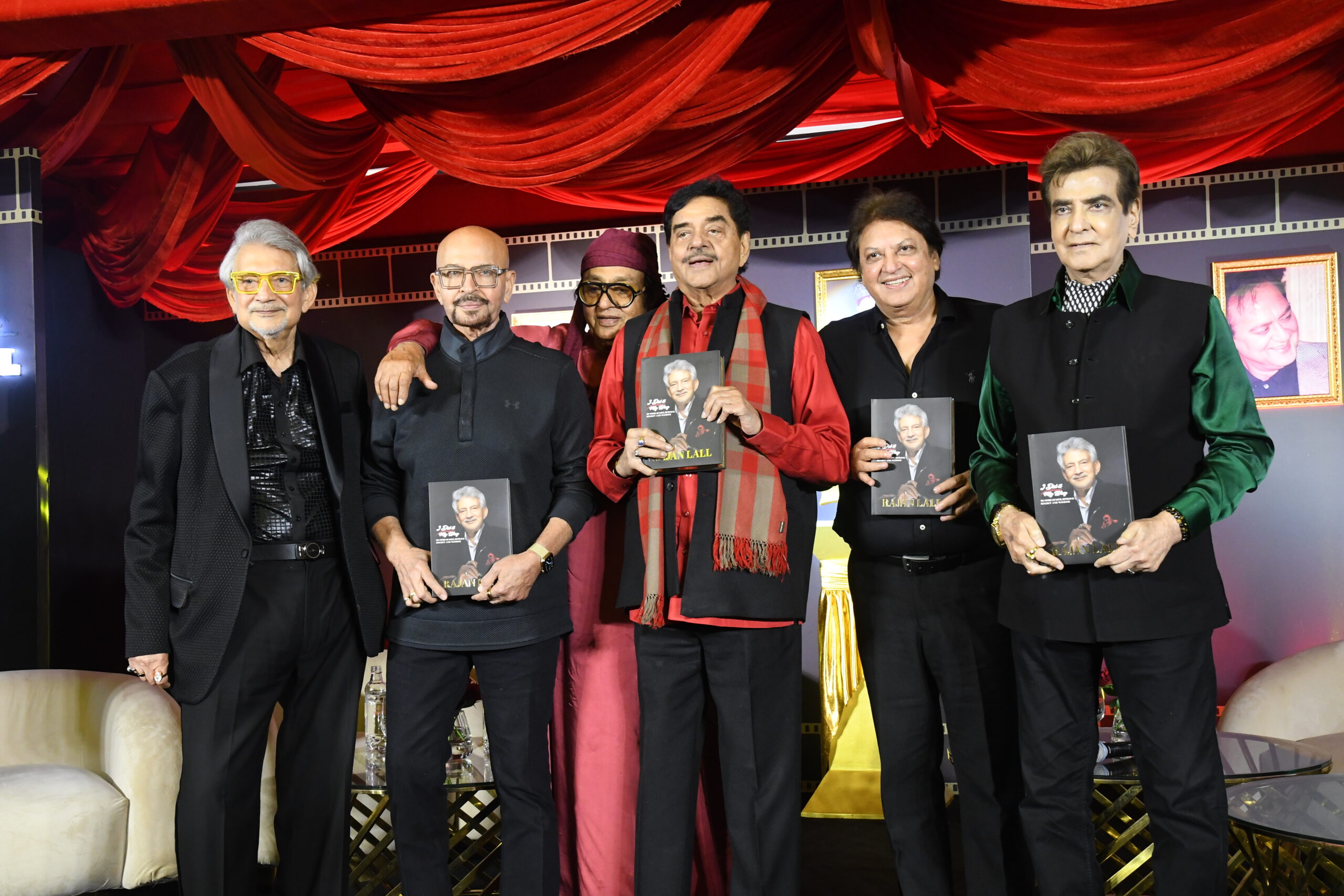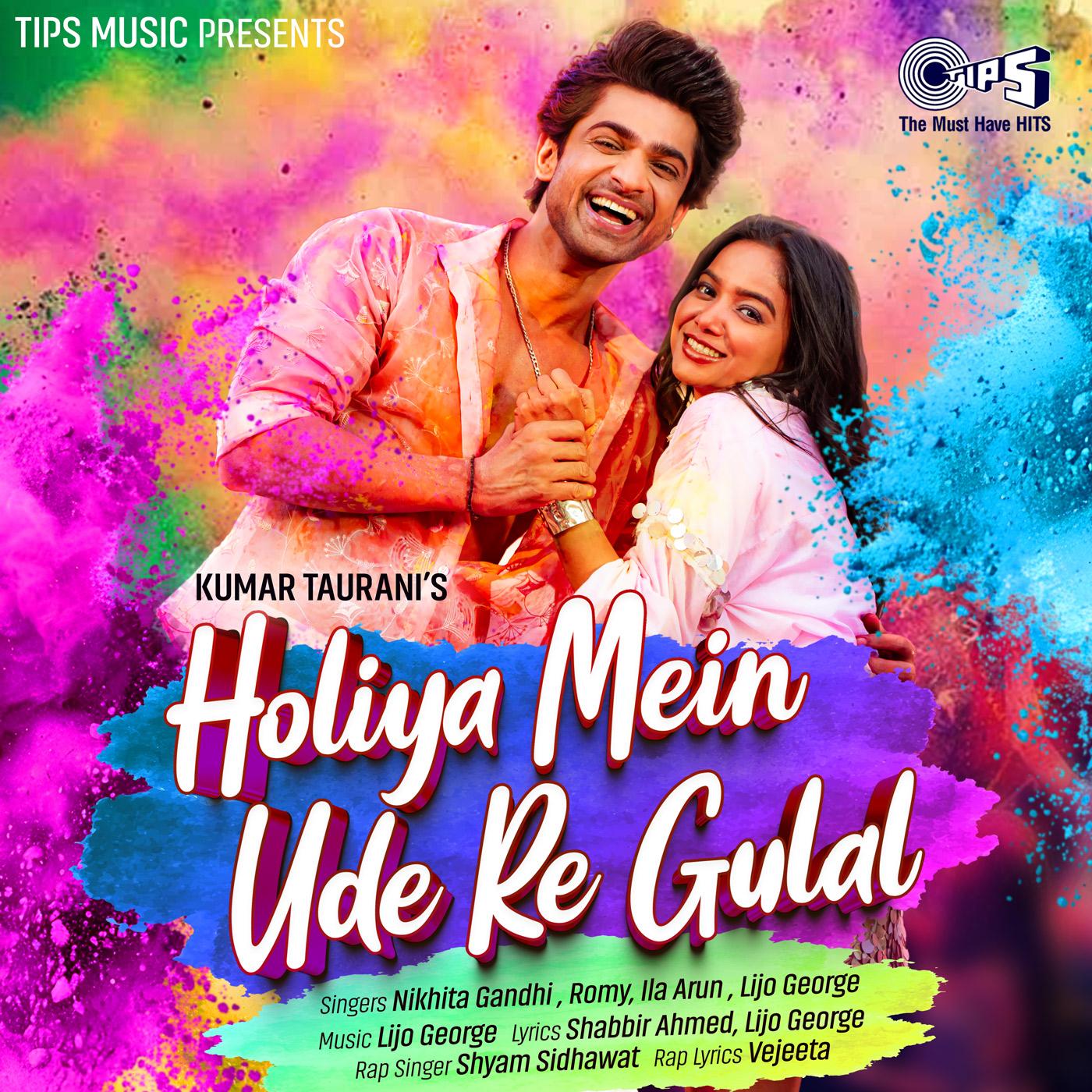World War II has seldom been represented in Bollywood cinema while amply and well represented the world across – be it Sophie’s choice, Schindler’s List, Escape from Sorbibor to The Boy in Striped Pyjamas and more. The coinage of the term ‘holocaust,’ (after Hitler’s killing of six million Jews), the heart -rending stories of human suffering, endurance and survival have been a topic in films over several decades, rarely seen in Bollywood. So, when a Hindi mainstream film touches upon the topic, there is obvious bawaal. Also, the tasting menu was judged much before the actual meal.
Varun Dhawan plays a self styled ‘hero’ of a small town, ignorant of history but is a history teacher ( very believable). He believes in distracting people with the drama of ‘showbaazi’ so that his little or no knowledge of the subject can be overlooked. He enters the frame on his speeding bike, with his quintessential shades, making a filmy impression, so that people of the town and most students are mesmerized by his style, never mind the question a curious student asks him about World War II.
The narcissistic Ajju is brutal to his wife because she is epileptic since her seizures create a scene he would rather avoid, since they don’t match his well crafted public image. An incident however pushes him to further his agenda and take a tour to the countries associated with World War 2, to save his job and image. His wife played by Janhvi tags along giving it a final chance to mend her marriage.
The film is shot at Paris, Berlin, Amsterdam, Krakow and Warsaw. beside other locations in Europe. The typical tourist Ajju, becomes a reformed man in this journey – all the while gently plodded by his wife ( who is the silent change-maker who sensitizes him about the horrors of the war). The trip leaves him enlightened and humane. It transforms his apathy to empathy.
Janhvi plays a non glam, subdued wife to a narcissistic husband, though is the silent change-maker of the two. Varun starts with a flashy role that subdues towards the end with actual knowledge he gathers on his trip.
Just like ‘Dil Chahta Hai’ spelt out the story of Troilus and Cressida to Indian audiences, in its opera scene, Bawaal spells out the horrors of World War II ( Anne Frank’s home, the gas chambers, the concentration camps) to audiences.
Some of the things I liked
- The film laughs at the glittery world of packaging. In this case Ajju’s carefully grafted outer image. An idea seldom spelt out with this candidness and brilliance.
- It points at our poor knowledge of history and hence the dire apathy of human suffering. Especially the scene from the Omaha beach ( a site also called Bloody Omaha, where several 17 year old soldiers, among the many, from the Allied Forces were killed by German forces), and all Ajju does, is ask a fellow tourist for beer.
- That “Every couple has to face their Aushwitz.” The dialogue is contextual after their trip to Aushwitz and compares the pain of separation and death in a concentration camp with the trials and tribulations of real life.
- The film celebrates differences without judgement. Janhvi’s character in the film likes, ‘ Scent of a Woman, Life is Beautiful and Good Will Hunting, Varun’s character likes Jurassic Park, Spiderman and Titanic.
The Gujarati tourists in the film, with their impromptu garbas and ganthias were irrelevant to the film and failed to provide comic relief.
Bawaal is also an ode to Nitesh Tiwari’s father and Ashwini Iyer Tiwari’s father-in-law, who was an education head across Madhya Pradesh and a history teacher. Though he wasn’t like Varun’s character, he would teach a lot of history and wanted to go across Europe to understand what actually happened in those places which he had read about.
Bawaal is not a regular film because it can be commonly perceived as preachy. It is not. It is a story of a mindset being changed by a bolt of knowledge and empathy.
Bawaal releases today on Amazon Prime Video in India and across 200 countries and territories. Worth a watch!





